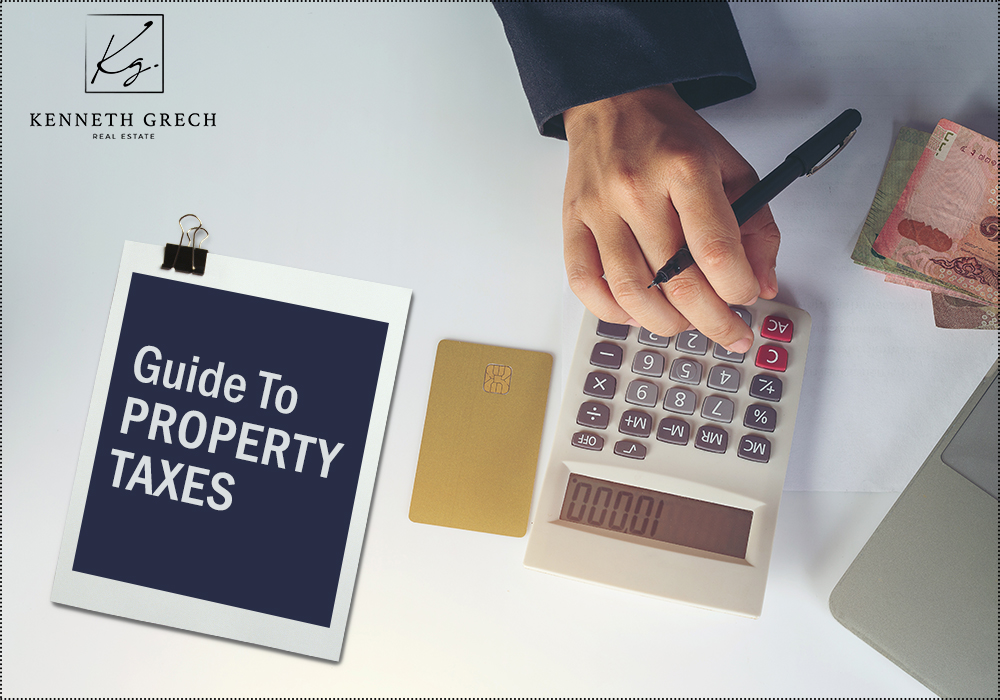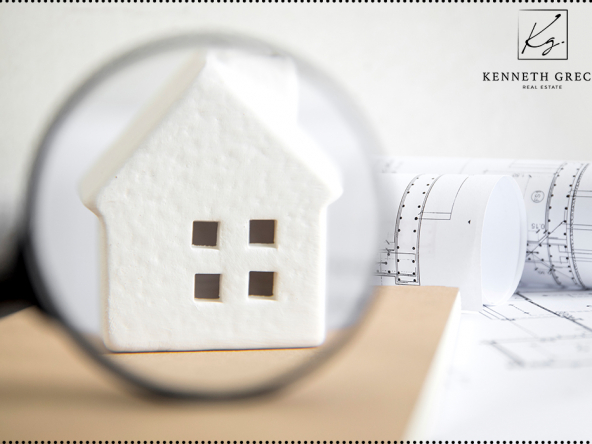
Property Tax Defined
Property tax is a tax administered by local government districts. Tax rates vary from county to county and are based on a predetermined percentage of an annually assessed value of each individual property. A tax rate includes a general 1% tax levy applicable to all bills, voter approved (pre-Proposition 13) special taxes, and voter approved debt issues for your particular area.
The general tax levy is based on state law and is limited to 1% of assessed value ($1 per $100 of assessed value). Property taxes are paid in biannual installments.
Proposition 13 allows for an increase up to 2% of the properties assessed value each year. In addition, the tax rate in your area can change as new bonds are added or decrease as bonds are paid off. Direct assessments can also cause an increase or decrease as they are added or removed. The tax rates for voter-approved debt are computed each year.
Questions regarding the computation of property tax should be directed to the Auditor-Controller, Property Tax Division. Please call between the hours of 9:00 a.m. and 4:30 p.m. at (213) 974- 8368 or email [email protected].
Paying Property Taxes On Your Newly Purchased Home
Paying your first year of property taxes can be tricky, depending on when you close escrow on your new home. If your property is in escrow, and the sellers have just paid property taxes, then your agent should request proof of payment. Because it can take up
to six weeks for a property tax payment to post, the preliminary title report may show that property taxes are still due. Proof of property tax payment by the seller will allow escrow to close successfully without a potential tax hold.
If you purchased your property between January and October, your property tax bill may be forwarded to the seller’s new address. If you do not receive your property tax bill by the middle
of October, contact your County Tax Collector and request that a duplicate tax bill be sent to you. You are still obligated to pay your first property tax installment by the November 1st due date, even if you have not received a tax bill from the county. Refer
to the tax calendar on the reverse side to help you keep track of important property tax due dates and the penalties for delinquent payments.
If you close escrow near December 10th or April 10th, and the seller has not yet paid property taxes, then the seller will need
to make a cashier’s check or personal check payable to the Tax Collector and forward it to the escrow holder. The escrow holder will see that the title company forwards it to the County. If the personal check does not clear by the escrow close date, then a hold may be required.
What Is an Impound Account?
An impound account is a convenient way for borrowers to ensure that their property tax and insurance payments are paid in a timely manner. Your lender can set up an impound account which will allow them to collect property tax and hazard insurance payments from you on a monthly basis. The impound payment
is collected with your monthly mortgage principal and interest payment and is calculated by taking your yearly tax and annual insurance payment and amortizing it over 12 months, along with a mandatory pad of at least two additional months worth of payments for each. The lender will pay the County Tax Collector and the insurance company directly by drawing the property tax and the insurance premium from the account when the property tax installments are due (November and February) and when the insurance premium is due.
Rates are subject to change. Please verify current rates with your local tax assessor.
Sources: County of Los Angeles Registrar-Recorder/County Clerk; City & County Municipal Codes. Information obtained from sources deemed reliable, but is not guaranteed.
PROPERTY TAX CALENDAR
The following calendar shows some of the more significant dates for California property taxes affecting property owners. Please note this is a partial schedule intended to be used as a general guide.
JANUARY
January 1st
Tax Assessment Date
First day to file affidavits and claims for exemptions for real property.
FEBRUARY
February 1st
2nd Installment of Taxes Due
February 15th
Last day to file Homeowners’ Exemption Claim to receive the maximum exemption ($7,000 of assessed value).
Deadline for timely filing for affidavits and claims for exemptions including Veterans and Disabled Veterans.
MARCH
APRIL
April 10th
2nd Installment of Taxes becomes Delinquent
10% penalty will be assessed on the unpaid balance plus a $10 additional fee.
MAY
JUNE
June 1st
Mailing of delinquent tax bills for current year and supplemental tax bills.
June 20th
Last day of the property tax year.
Delinquent property becomes Tax Defaulted for non-payment of taxes.
JULY
July 1st
First day of property tax year.
July 2nd
First day to file an application for a “Decline-in-Value Review”.
First day to file an Assessment Appeal Application for equalization of assessment.
AUGUST
SEPTEMBER
OCTOBER
October 1st
First day of mailing annual secured tax bills by Treasurer & Tax Collector.
October 31st
Last day of mailing annual secured tax bill by Treasurer & Tax Collector.
NOVEMBER
November 1st
1st Installment of Taxes Due
November 30th
Last day to file an application for a “Decline-in-Value Review”.
Last day to file an Assessment Appeal
Application for reduction of assessment made in regular period in Los Angeles County.
DECEMBER
December 10th
1st Installment of Taxes becomes Delinquent.
Last day to file Homeowners’ Exemption to receive 80% the exemption.
Last day to file late Veterans’ Exemption to receive 80% of the exemption.
Last day to file late Disabled Veteran’s Exemption to receive 90% of the exemption.
Explore Simi Valley Neighbourhoods
EXPLORE LOCAL NEIGHBOURHOODS IN Simi Valley



